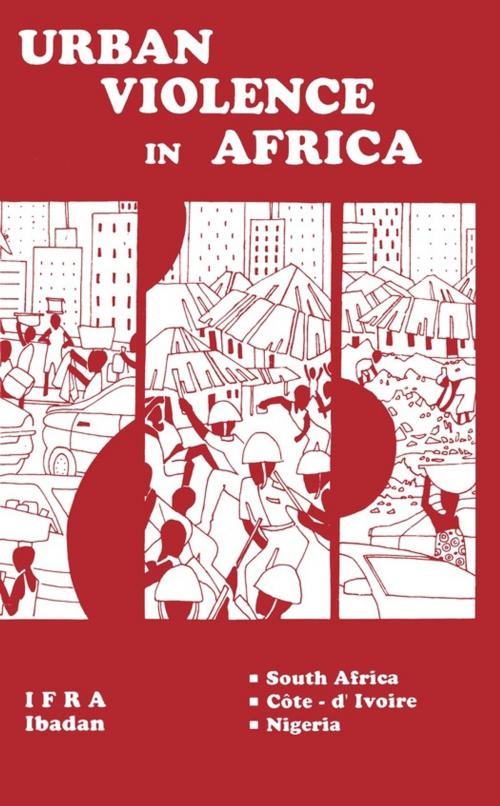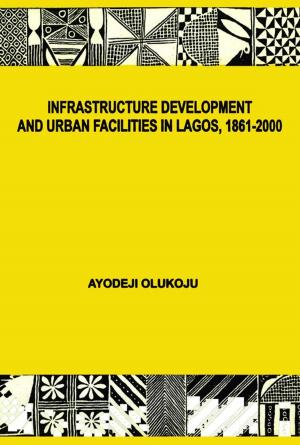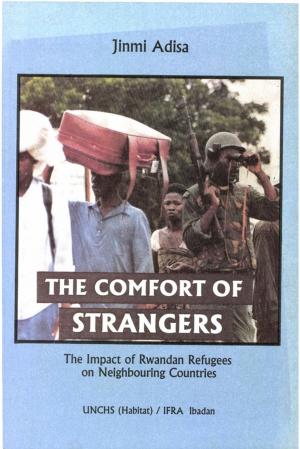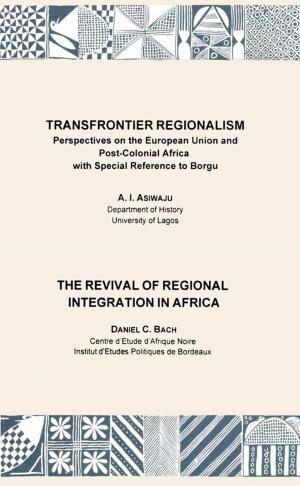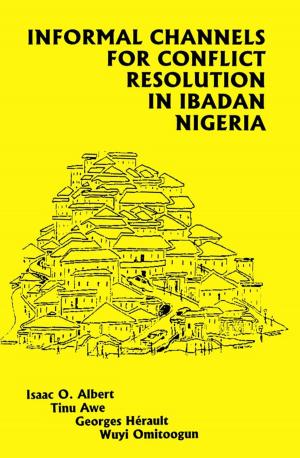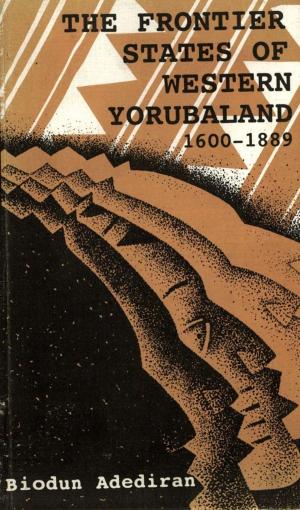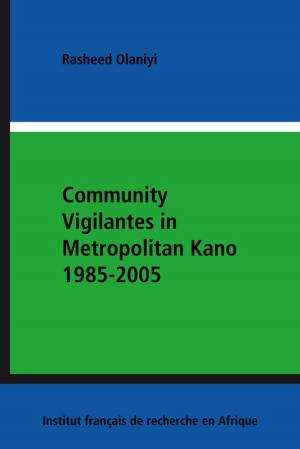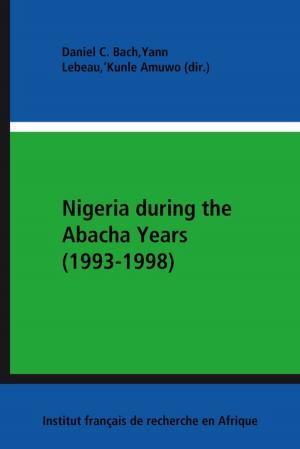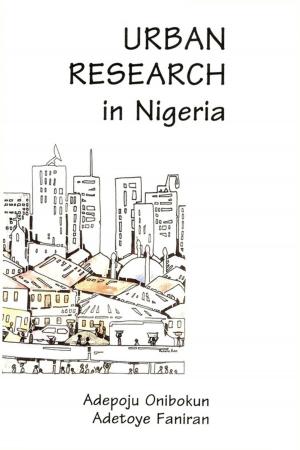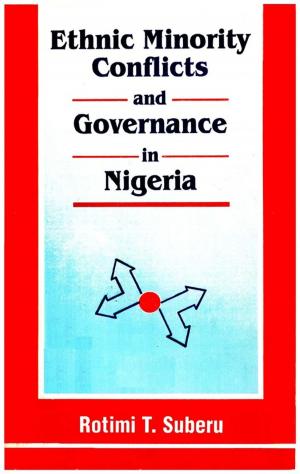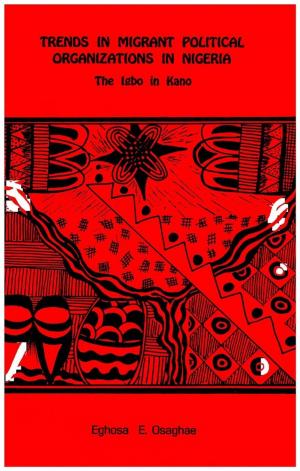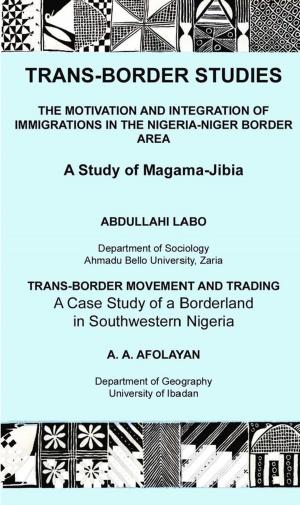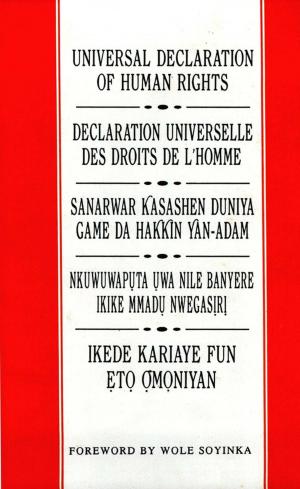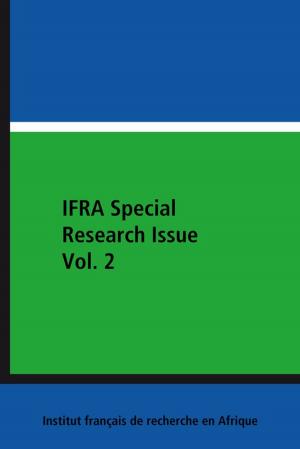Urban Violence in Africa
Pilot Studies (South Africa, Côte-d'Ivoire, Nigeria)
Nonfiction, Social & Cultural Studies, Social Science| Author: | Eghosa E. Osaghae, Jinmi Adisa, Isaac Olawale Albert, N’Guessan Kouamé, Ismaila Touré | ISBN: | 9791092312195 |
| Publisher: | IFRA-Nigeria | Publication: | April 5, 2013 |
| Imprint: | IFRA-Nigeria | Language: | English |
| Author: | Eghosa E. Osaghae, Jinmi Adisa, Isaac Olawale Albert, N’Guessan Kouamé, Ismaila Touré |
| ISBN: | 9791092312195 |
| Publisher: | IFRA-Nigeria |
| Publication: | April 5, 2013 |
| Imprint: | IFRA-Nigeria |
| Language: | English |
The urban environment is a breeding ground for various forms of violence. As the hub of political, social and economic processes, the city is the meeting point for peoples from diverse cultural, racial, and religious backgrounds. It is often the venue of intense class and social struggles for scarce economic resources as well as political power. While the daily struggle for survival is usually nonconfrontational, when the economic-cum-political situation deteriorates, the city streets provide the venue for riots, demonstrations and even revolution. Because of the relative anonymity of city-life, it is also an attractive place for the more undesirable elements in society: thieves, rapists, murderers etc., who can commit crimes without fear of recognition. The urban context of violence is well established in the literature, and has been particularly emphasized by students of social change and revolution. Nevertheless, the study of urban violence qua urban violence has been rather sparse in Africa. The singular exception to this is South Africa, whose long history of structural violence dates back to the apartheid era. This phenomenon has been fairly well studied, although not specifically as urban violence. The pilot studies on three countries in this volume are part of a continent-wide comparative research project aimed at filling this huge gap in the literature. A research project on urban violence in Africa could not be more timely: All over Africa, criminal, political, religious and other social conflicts have been on the increase. The dwindling economic capacities and governance crises prevent governments from dealing effectively with these conflicts, which have often degenerated into situations of violence. These pilot studies and the larger project are expected to highlight these linkages and suggest the way forward. By their very nature, the studies are both exploratory and empirical. Problems are identified and suggestions are being made on how to overcome them. They therefore represent a necessary first step in coming to grips with issues raised by urban violence.
The urban environment is a breeding ground for various forms of violence. As the hub of political, social and economic processes, the city is the meeting point for peoples from diverse cultural, racial, and religious backgrounds. It is often the venue of intense class and social struggles for scarce economic resources as well as political power. While the daily struggle for survival is usually nonconfrontational, when the economic-cum-political situation deteriorates, the city streets provide the venue for riots, demonstrations and even revolution. Because of the relative anonymity of city-life, it is also an attractive place for the more undesirable elements in society: thieves, rapists, murderers etc., who can commit crimes without fear of recognition. The urban context of violence is well established in the literature, and has been particularly emphasized by students of social change and revolution. Nevertheless, the study of urban violence qua urban violence has been rather sparse in Africa. The singular exception to this is South Africa, whose long history of structural violence dates back to the apartheid era. This phenomenon has been fairly well studied, although not specifically as urban violence. The pilot studies on three countries in this volume are part of a continent-wide comparative research project aimed at filling this huge gap in the literature. A research project on urban violence in Africa could not be more timely: All over Africa, criminal, political, religious and other social conflicts have been on the increase. The dwindling economic capacities and governance crises prevent governments from dealing effectively with these conflicts, which have often degenerated into situations of violence. These pilot studies and the larger project are expected to highlight these linkages and suggest the way forward. By their very nature, the studies are both exploratory and empirical. Problems are identified and suggestions are being made on how to overcome them. They therefore represent a necessary first step in coming to grips with issues raised by urban violence.
